1. Always Let the Man Speak First
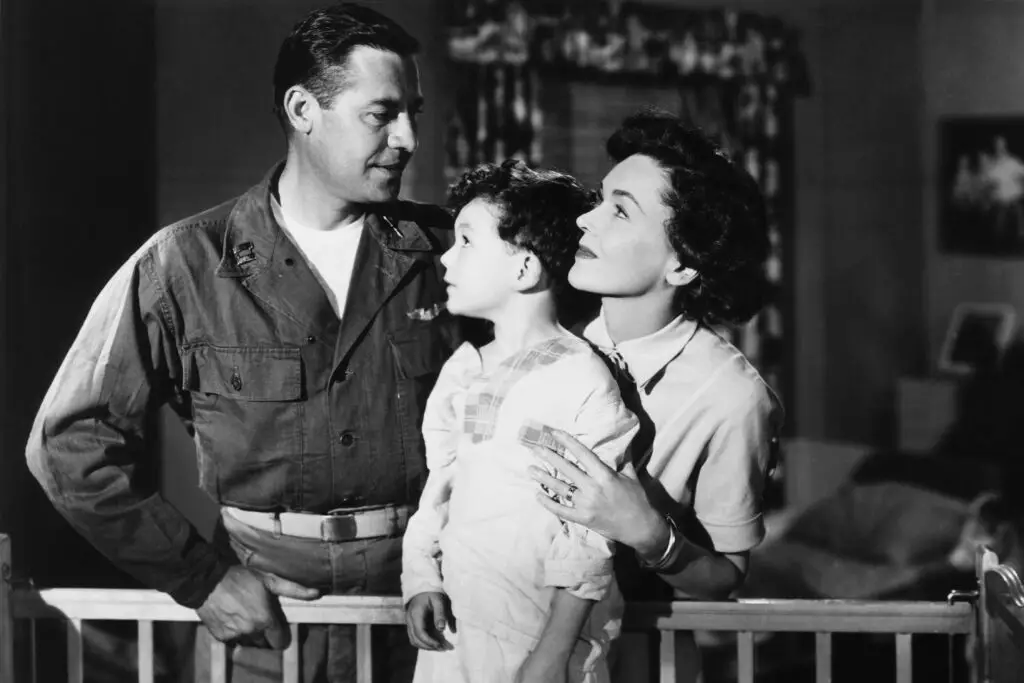
Back in the day, it was considered rude for a woman to jump into a conversation before a man had his say. This idea was framed as “respect,” but really, it was just a way to remind women of their place—quiet, agreeable, and always a step behind. Girls were raised to wait their turn, nod along, and never interrupt, even if they had something important to add. It wasn’t about manners; it was about making sure women didn’t appear too bold or opinionated says Reader’s Digest.
The result? Many women stayed silent, even when they had better ideas or important perspectives. This so-called “good behavior” created generations of people who felt like their voices didn’t matter. Today, thankfully, we’re teaching girls (and everyone) to speak up and take up space. Politeness should never come at the cost of self-expression adds YourTango.
2. Children Should Be Seen and Not Heard
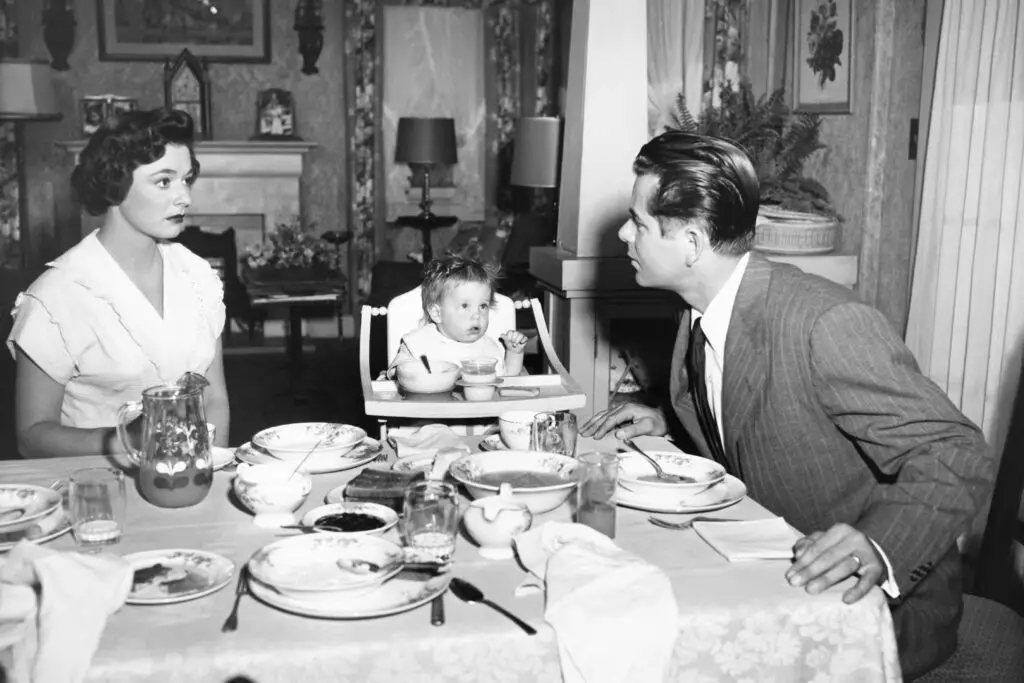
This one might sound familiar to anyone who grew up in a house where kids had to sit quietly at the dinner table, hands folded, mouths shut. It was treated like some golden rule, but really, it just squashed a child’s natural curiosity and energy. The idea was that kids weren’t supposed to have opinions—they were just supposed to obey. Adults often used this rule to avoid answering questions or dealing with what they saw as “annoying” behavior says Business Insider.
But childhood is all about learning, asking, exploring. By silencing kids, we sent the message that their thoughts and feelings weren’t valuable. It discouraged communication and, in many cases, made it harder for kids to speak up when something was actually wrong. It’s a relief that modern parenting encourages conversation instead of command shares Vogue.
3. Don’t Air Your Dirty Laundry
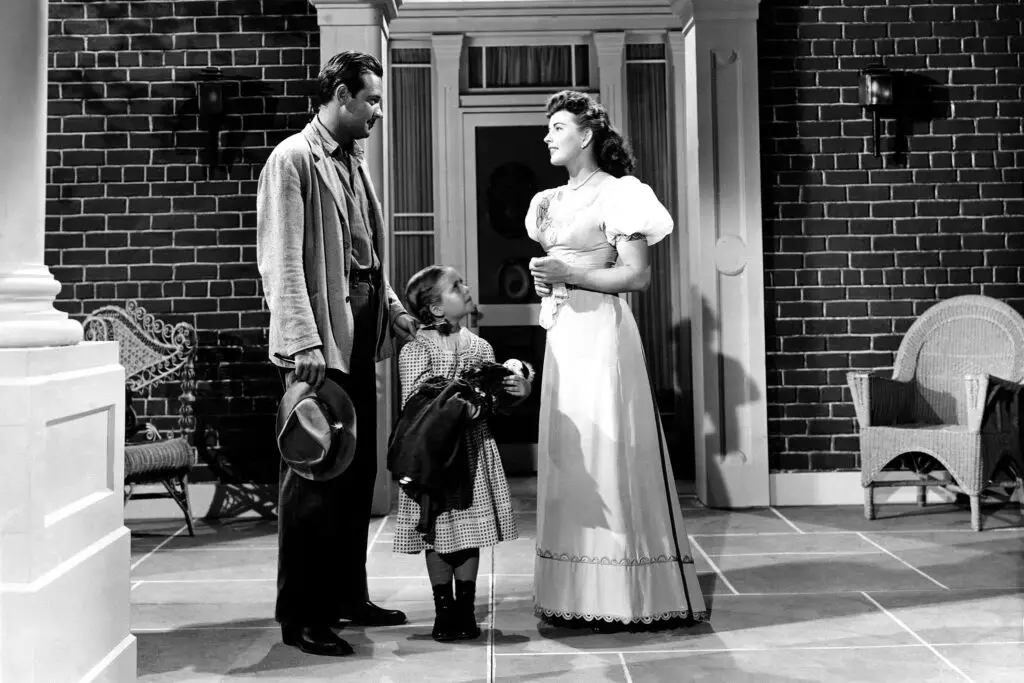
Sure, it sounds like a tidy rule to keep your business private—but in many families, this was a blanket excuse for secrecy. It was used to cover up everything from money troubles to abuse, often leaving people feeling isolated and ashamed. Sharing struggles was considered impolite or embarrassing, even though reaching out could have brought help. The phrase wasn’t about manners—it was about protecting appearances, no matter the cost.
This rule taught people to hide their pain and fake a perfect life, which is incredibly damaging. It’s why some folks still struggle with asking for help or talking about mental health. There’s strength in vulnerability, but old-school “manners” made it seem weak. Thankfully, we’re learning that honesty is healthier than pretending.
4. Never Talk About Money
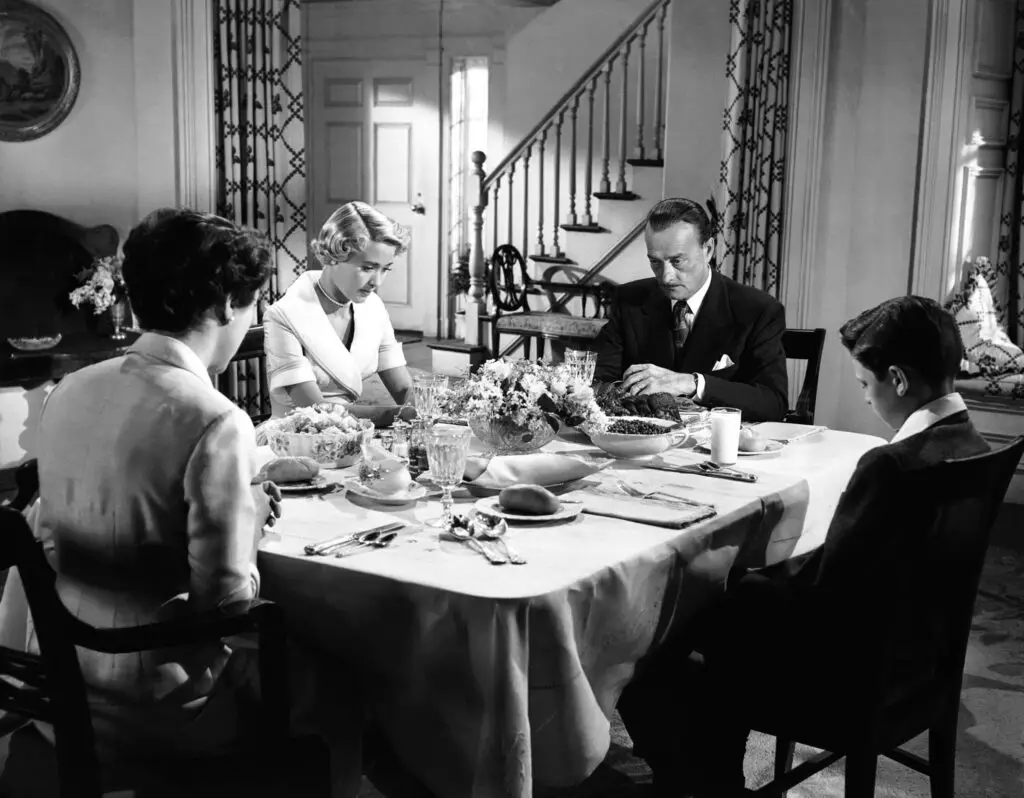
This so-called etiquette rule was framed as “polite,” but in reality, it helped maintain financial inequality. Talking about money—how much you made, how much something cost, or how to negotiate a raise—was frowned upon, especially among women and working-class folks. It kept people in the dark and discouraged them from asking for what they deserved. This kind of silence benefited employers and gatekeepers, not everyday people.
It also reinforced shame around financial struggles. If you were struggling, you weren’t supposed to say it out loud. But how can anyone learn or improve if they’re not allowed to talk about it? Now we know that open conversations about money can empower people, not embarrass them.
5. Don’t Brag About Your Achievements
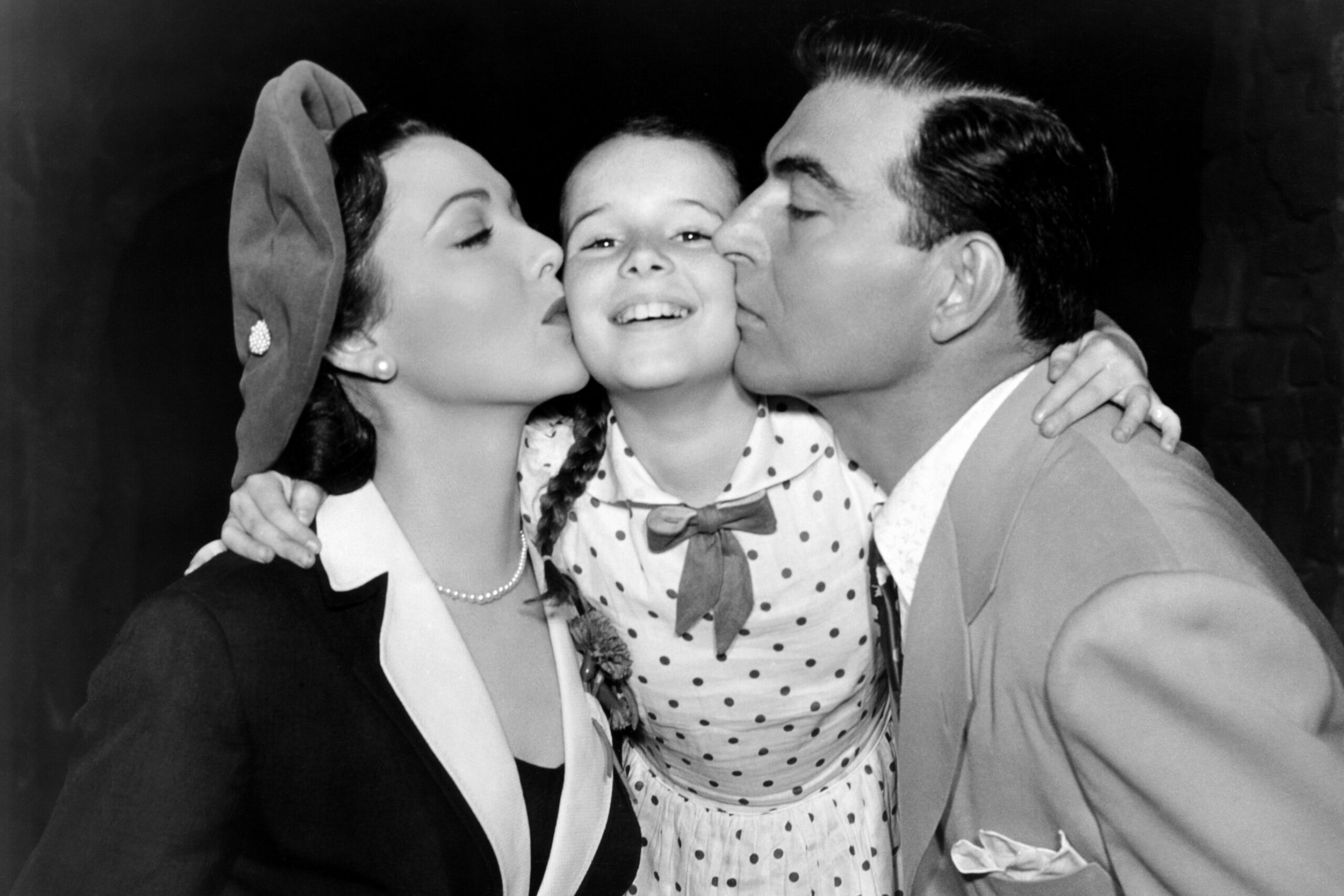
Modesty was often presented as the ultimate virtue—especially for women. If you accomplished something big, you were supposed to shrug it off or change the subject. This was often framed as “graceful,” but really, it was a way to keep people from getting too proud or confident. It punished people—particularly women and minorities—for being successful out loud.
This made it hard for people to own their accomplishments or advocate for themselves. Job interviews, promotions, and leadership roles all became trickier when you were taught that self-praise was rude. These days, we’re learning that you can be proud without being arrogant. There’s nothing wrong with saying, “I did something great.”
6. Always Respect Your Elders
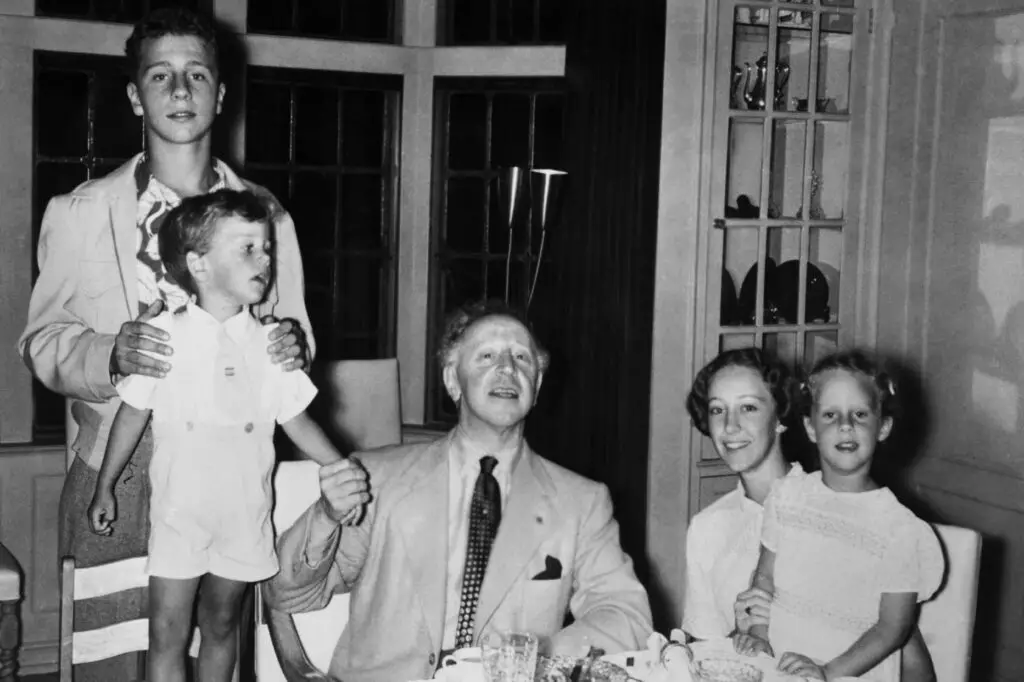
Of course, respecting older people isn’t a bad thing—but this rule used to mean blind obedience, no matter what. Kids were told to accept anything an adult said or did without question. That left a lot of room for manipulation, emotional abuse, or even worse. The rule gave adults unchecked power just because they were older.
It didn’t account for the fact that elders can be wrong, unfair, or harmful. Teaching respect should go both ways. Kids should be encouraged to ask questions and stand up for themselves, even when they’re speaking to someone older. Mutual respect is healthier than hierarchy.
7. Always Smile and Be Pleasant

This was especially drilled into women, who were expected to keep things cheerful no matter how they felt. Even if they were tired, angry, or uncomfortable, they were told to smile. It wasn’t about kindness—it was about keeping people comfortable, especially men. The message was: don’t cause waves, don’t look “difficult,” and definitely don’t show too much emotion.
It forced people to hide their true feelings and act happy when they weren’t. That’s not polite—it’s performative. And over time, it can really take a toll on mental health. Today, we’re recognizing that authentic emotions matter more than fake smiles.
8. Don’t Dwell on the Negative
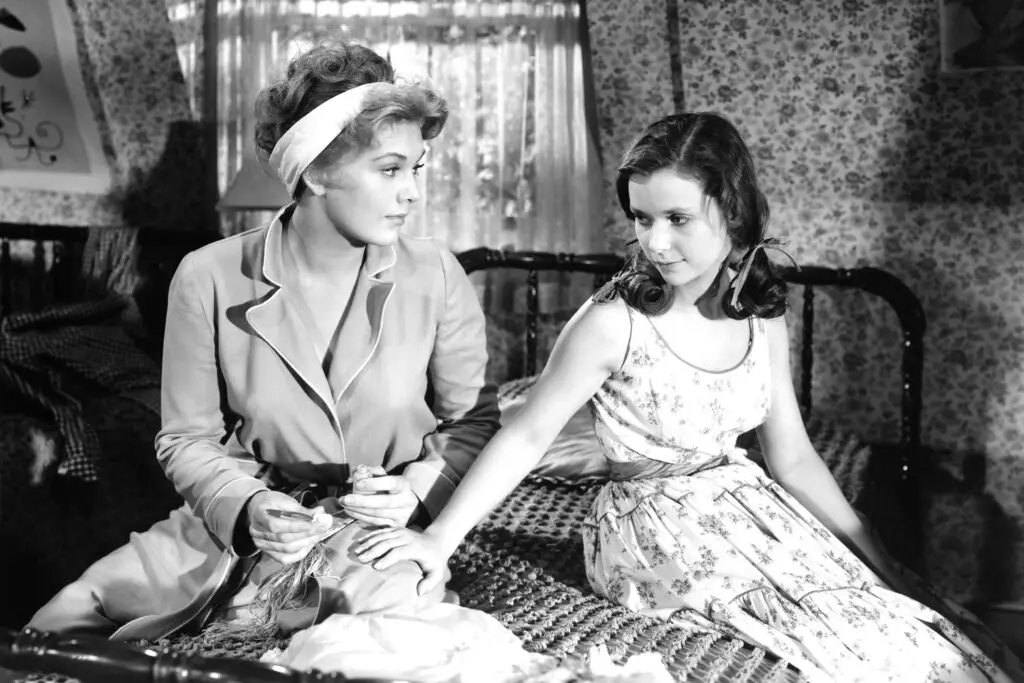
This one sounds harmless at first—after all, who wants to be a downer? But when it’s used to shut down conversations about real pain, it becomes toxic. People were told to “look on the bright side” no matter what they were going through. It made folks feel like they had to bottle up grief, anxiety, or anger to avoid making others uncomfortable.
It also discouraged empathy. If someone opened up about something hard and was told to “move on,” they probably felt even worse. Processing emotions takes time, and pretending everything’s fine doesn’t help anyone heal. It’s okay not to be okay, even if it makes others squirm.
9. Keep Personal Matters Private

Privacy has its place, but this rule was often used to silence people. It stopped people from talking about divorce, illness, addiction, or anything that might make others uncomfortable. Especially in certain communities, it was used to uphold appearances and avoid judgment. But all it did was isolate people who needed support.
When you’re told not to share your struggles, you’re also being told to suffer alone. And that’s not polite—it’s harmful. Today, people are breaking those silences and realizing that connection happens when we share the messy parts of life. Vulnerability is not bad manners—it’s courage.
10. Don’t Make a Scene

Making a scene was often code for “don’t stand up for yourself.” Whether it was calling out unfair treatment or reacting emotionally to something painful, people—especially women—were told to keep calm and carry on. You weren’t supposed to cry, shout, or even raise your voice in public. All that did was protect the status quo and discourage assertiveness.
It made people doubt their own reactions. Even when someone was wronged, they were made to feel like the problem for speaking up. But being loud or emotional doesn’t make someone rude—it makes them human. These days, we’re realizing that sometimes a “scene” is exactly what’s needed to create change.
11. Don’t Talk Back
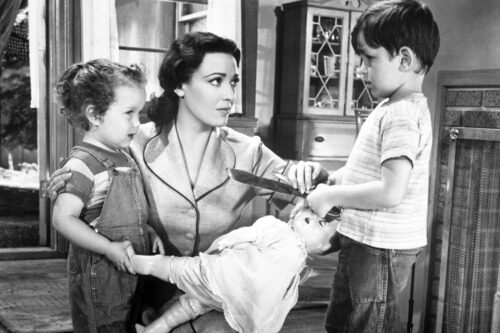
In many households, this phrase meant “don’t question authority.” It was used to shut down arguments, even when the adult was clearly in the wrong. Kids weren’t allowed to explain themselves or express disagreement. This rule stunted communication and taught children to suppress their opinions for the sake of keeping the peace.
But questioning things is how we grow. Healthy conversations include pushback and differing views. When you punish “talking back,” you’re teaching kids that obedience matters more than honesty or critical thinking. A little back-and-forth is actually a sign of respect, not defiance.
12. Be a Good Host at All Costs
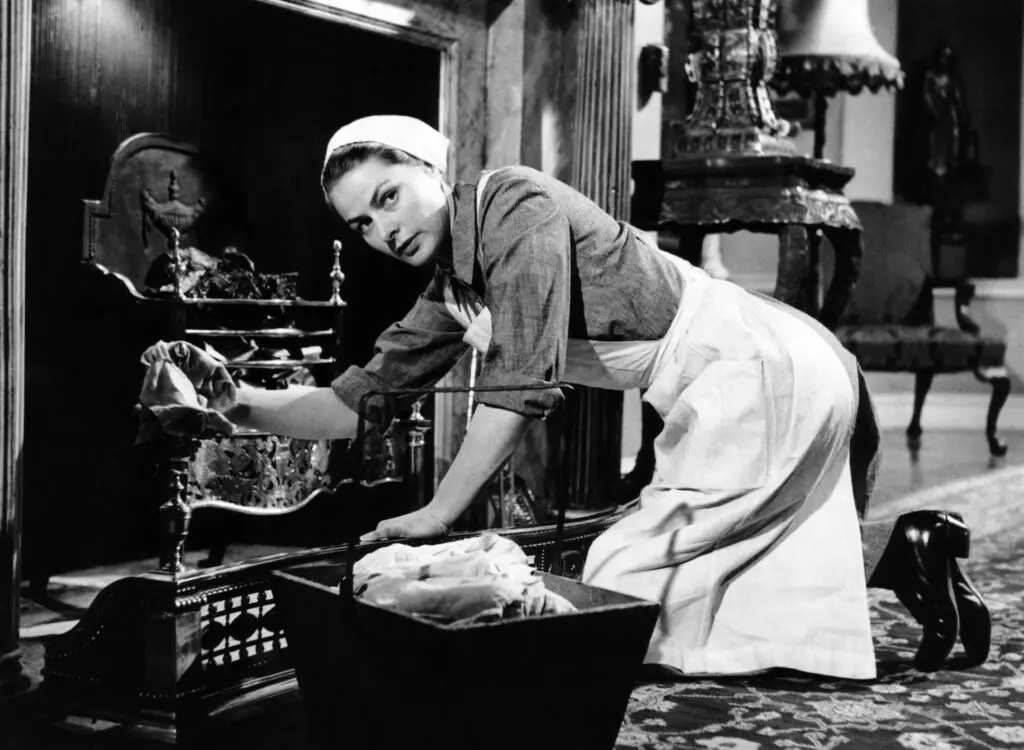
This was another rule that often forced people—mostly women—into uncomfortable situations. No matter how tired or overwhelmed you were, you had to smile, serve, and make sure everyone else felt great. If someone overstayed their welcome or acted rudely, you were still expected to be gracious. It was less about hospitality and more about self-sacrifice.
It also blurred boundaries. Guests could behave however they wanted, while the host had to absorb it all with a smile. Now we know that being a good host doesn’t mean being a doormat. It’s okay to set limits and prioritize your own comfort, too.
13. Never Talk Politics or Religion

This “rule” was meant to keep conversations civil, but it often shut down meaningful dialogue. It allowed people to stay comfortable in their own bubbles and avoid tough topics. In reality, those are the very conversations that help us understand one another and build empathy. Staying silent keeps the status quo intact.
Of course, the way we discuss tough issues matters—but silence isn’t the solution. Avoiding important subjects just to keep the peace can lead to ignorance and complacency. We can be respectful and opinionated. It’s okay to challenge each other—some of the best growth happens in those moments.
